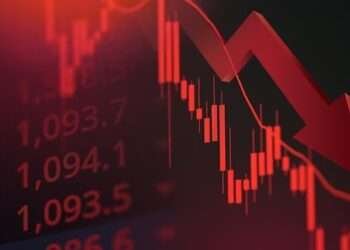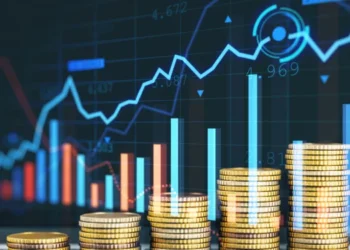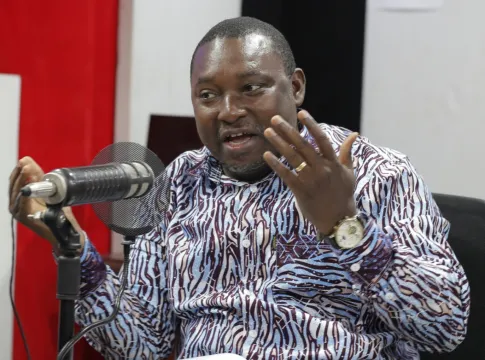The Ghanaian economy is likely to be predisposed to exchange rate volatility and high interest costs due to the government’s intentions to borrow from the International Capital Markets (ICM) to help finance its activities for the first three months ending March 2021.
The government, indicated last year that it plans to source funding from the capital markets by issuing sovereign bonds of US$3 billion with the option to increase it to $5 billion should market conditions prove favourable, adding that out of the amount, US$1.5 billion would be used to support the 2021 budget and US$3.5 billion for liability management.
Also, the steep increases in government’s borrowing is essential as tax revenues have fallen during the pandemic causing government revenue margins to fall short of both their targets and expenditures.
Moody’s credit rating agency intimated that when the government borrows, it drives its liquidity up, however, with the current global crises and economic devastation wrought by the coronavirus pandemic, there is a possibility of a heightened exposure of the Ghanaian economy to international capital flow reversals (i.e sudden stop in capital flows) which occurs when foreign financing available to borrower countries unexpectedly dries up.
When this happens, the country may be faced with exchange rate volatility which are risks associated with unexpected movements in the price of the Ghana cedi against other foreign currencies and high borrowing cost, hence, the government would have to pay more to finance its debt stock making it difficult to cover its record budget deficits.
It must be noted that the government intends to borrow such monies to fund its maturing debts and manage its liability, hence, it’s important for the government to be cautious of such exposures in order to realise its objective for borrowing on the International Capital Markets.
The International Credit Rating Agency raised concerns about the fiscal strength of the Ghanaian economy, saying that the country’s fiscal state is one reflective of an “elevated debt burden and weak debt affordability metrics in addition to the prospect of further contingent liabilities materializing in the energy sector”.
Ghana’s debt burden reached 71 percent of Gross Domestic Product (GDP) at end- September 2020, one of the highest recorded in the country’s history breaching some sustainability thresholds, the Bank of Ghana Governor, Ernest Addison said.
Moody’s further asserted that the institutions and governance strength reflect an improved fiscal governance framework, balanced by recurring revenue underperformance against budgeted targets.

However, the renowned rating agency went on to say that the credit profile of Ghana reflects economic strength, which “balances strong growth potential against small scale and low but growing wealth levels“.
Finally, the International ratings agency, Moody’s has completed a review of Ghana’s ability to raise money on the international capital market, and has ranked Ghana’s long-term local and foreign currency issuer and foreign currency senior unsecured bond ratings at B3 as at December 14, 2020.
This implies that the nation could borrow with little difficulty on the international capital market, however, the government must be mindful of the repercussions on the economy and be modest in its expenditures.






















